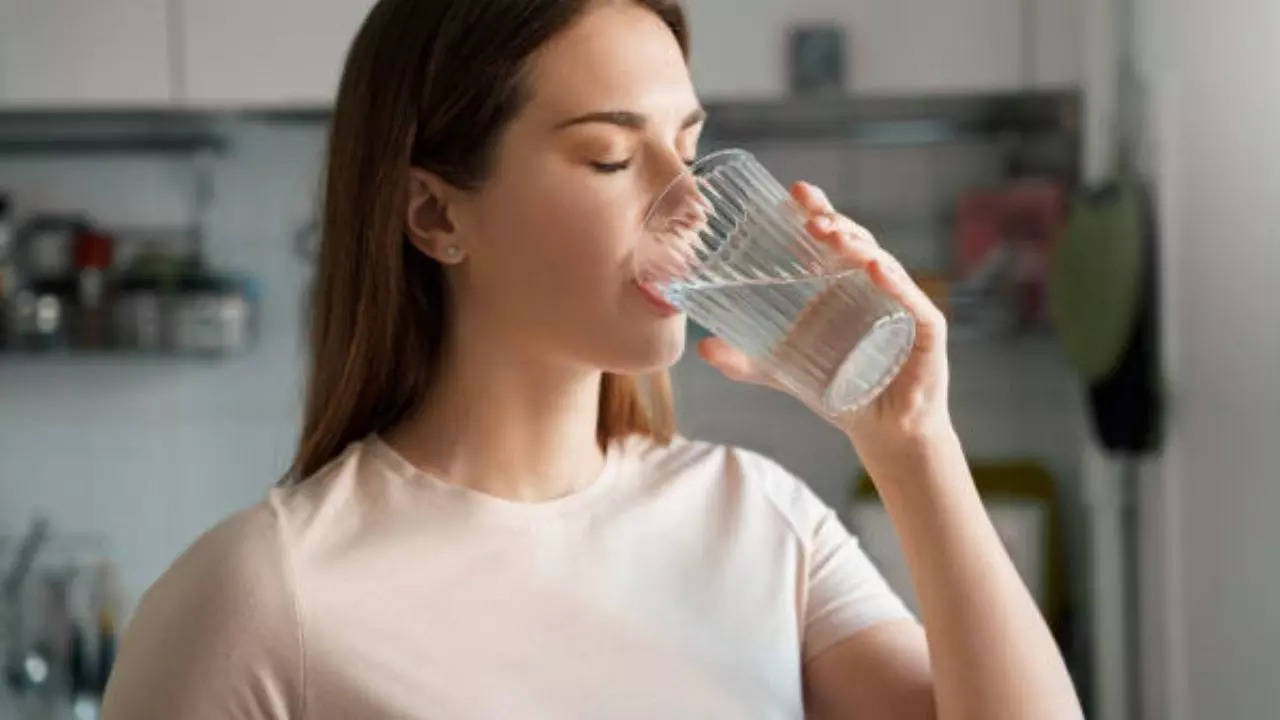
Feeling thirsty after drinking enough water can be both confusing and frustrating. While thirst is your body's natural signal for fluid replenishment, persistent thirst may be due to multiple factors. Thirst is a sign that your body needs more water. While it’s normal to feel thirsty after working out or eating something spicy, excessive thirst could indicate a health problem. Various researches reveal how factors like electrolyte imbalances, medication side effects, and behavioural habits contribute to this sensation, even in people with sufficient water intake.
Dehydration
Dehydration occurs when the body loses more water than it takes in, which can happen due to excessive sweating, such as from intense exercise or prolonged sun exposure. Other causes include diarrhoea and vomiting, which result in the loss of both water and essential electrolytes. Common symptoms of dehydration include excessive thirst, as well as:
– Dry skin, eyes, and mouth,
– Fatigue,
– Dizziness,
– Nausea.
Diabetes
In diabetes, the body often experiences polydipsia (excessive thirst) and polyuria (frequent urination). High blood sugar levels cause the body to attempt to expel excess glucose through urine. As this glucose-rich urine is expelled, it also takes water along, leading to increased urination. This frequent urination results in dehydration, causing constant thirst.
Electrolyte Imbalances and Thirst
Electrolytes like sodium, potassium, and magnesium are critical for fluid balance. When these levels are disturbed, such as after consuming salty foods, the body signals thirst even if you've consumed plenty of water. A study published in The Journal of Physiology found that increased sodium levels in blood plasma trigger a compensatory thirst response, even when overall hydration levels appear normal. Incorporate foods rich in potassium, such as bananas or spinach, to balance sodium intake.
High-Salt Diets and Their Role
High-sodium diets are a significant contributor to lingering thirst. Salt increases osmotic pressure, drawing water out of cells into the bloodstream. Research in Nature Reviews Nephrology emphasizes that consuming processed or salty foods can exaggerate thirst signals, as the body seeks to restore osmotic balance. Balance meals with hydrating, low-sodium options like cucumbers or oranges to help your body maintain equilibrium.
Medications and Their Side Effects
Certain medications can affect hydration status and lead to persistent thirst. Diuretics, commonly prescribed for high blood pressure, increase urination and can cause dehydration. A study in Clinical Pharmacology & Therapeutics shares that anticholinergic drugs, which reduce saliva production, can also cause dry mouth and excessive thirst.

